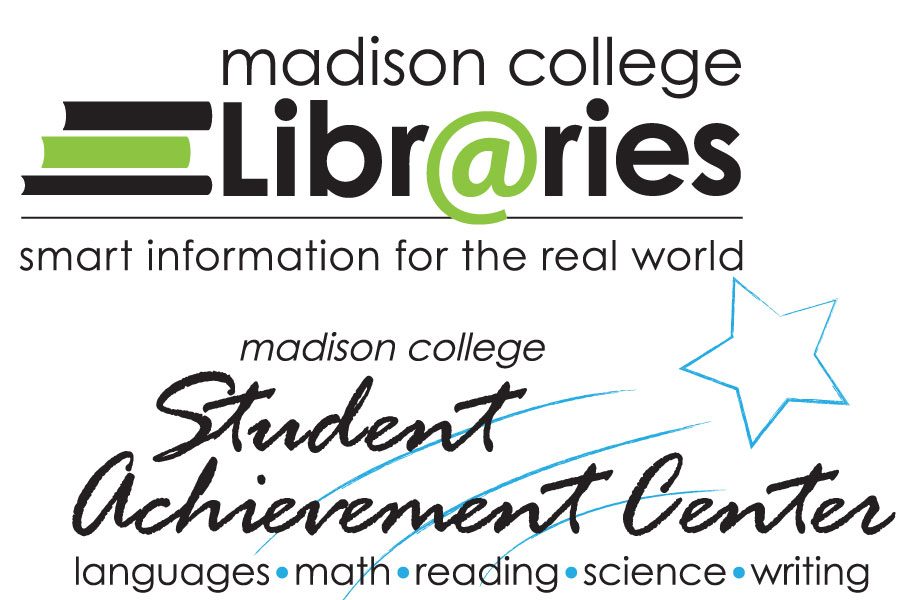Off the Shelf: Resources to get your facts straight
October 18, 2016
Working on a research paper? A persuasive speech or a class presentation? Those projects usually require investigating an issue, verifying the facts and then sharing your results. Yesterday we called that researching a topic, but in today’s media-focused world, it’s often known as fact-checking an issue.
Journalists have been fact-checking for years, but the skill set is useful for everyone. We all need to be able to discover the truth about an issue and make informed choices based on that information.
Here are a few tips for better fact-checking:
When you’re considering the accuracy of your research or information, ask yourself a series of questions based on a healthy skepticism towards your topic and your research.
- Who says? Who is making the claim or providing the information?
- How do they know? Is it based on a research study? Another source? Personal knowledge?
- Are they biased? Do they have an agenda or a known point of view that favors one side of an issue?
- It’s also helpful to ask yourself, “What else don’t I know about the issue?” Be alert for signs that there might be more to the story than you’ve already discovered.
Look into respected fact-checking websites. A few of the best include:
- PolitiFact (http://www.politifact.com/) which covers American politics. It’s run by the editors and reporters from the Tampa Bay Times, an independent newspaper in Florida and won the Pulitzer Prize for their work.
- Fact Check (http://www.factcheck.org/) is a project of the Annenberg Public Policy Center of the University of Pennsylvania. It’s a nonpartisan, nonprofit “consumer advocate” site covering U.S. politics.
- Snopes (http://www.snopes.com/) is the definitive internet reference source for urban legends, folklore, myths, rumors and misinformation. They are often first to report the facts.
Search the Deep Web. The Deep Web includes areas of the internet that aren’t open to surface searching. We’re talking library databases and subscription sites. Ask the librarians to help you use the databases if you’re new to this type of searching.
Do a Google search and then search again. Yes, it’s basic, but powerful. As you type, watch carefully to see what terms Google suggests. Don’t settle for one or two searches. Use as many different combinations as you can.
For example, if you’re learning about climate change, you might search “climate change,” “global warming,” “carbon emissions,” “carbon capture,” “electricity,” “EPA regulations,” and “cap and trade.” Learn Google’s search operators so you can search by domain name (site:Madisoncollege.edu) or file type (file:pdf). Harness the advanced search features to dive deeper into Google’s results.
You can also book a librarian and talk to an expert. Go online and set up a 30-minute research appointment with a librarian at Madison College to discuss your project in detail. Librarians are experts in finding information and we’re happy to help you.
Using these fact-checking tips as a checklist during your next project will help you create a winning paper or presentation.































